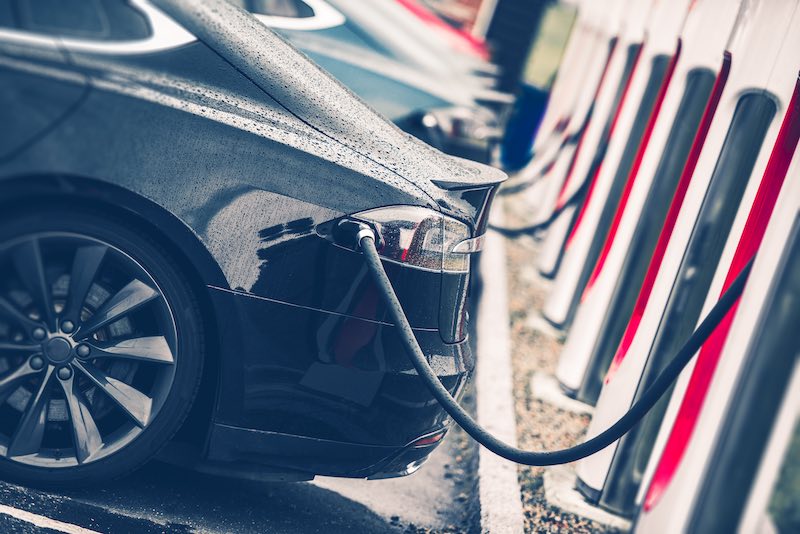Number of Public EV Chargers Increased Five-fold in 5 Years

There were 18,265 public electric vehicle charging stations on the UK’s roads and in car parks as of 1 July, five times as many as were available five years ago, new figures from the Department for Transport (DfT) revealed.
The number of rapid chargers has grown nearly as quickly, by 363% since 2015, to hit 3,206 last month.
The number of EV charge points available rose 11% over the last year, although growth flattened somewhat in the second quarter as coronavirus restrictions were applied. 318 chargers were installed between April and June, representing a 2% increase. 99 of these were rapid chargers.
While most motorists charge their electric vehicles at home, paying for their "fuel" via their energy bills, people without home charging stations or those who are out and about may rely on public charge points.
However, the public charging infrastructure continues to be unevenly distributed across the UK, with London boasting the highest concentration, at 57 public charging stations per 100,000 residents.
Scotland had the next-highest concentration, at 35 charging stations per 100,000 residents, and the highest concentration of rapid chargers, at 8.9 per 100,000 people.
However, Scotland also saw the closure of 130 charging stations in the last quarter, to take its total to 1,910. The closures were attributed to lockdown restrictions making some sites inaccessible. Every other region saw a net increase in charging points available. London gained the most, with 82 additions.
But in some areas of the UK, charging points continue to be few and far between. There are just 16 chargers and one rapid charger per 100,000 residents in Northern Ireland as of July. Yorkshire and the Humber (17 chargers/100,000 people), the West Midlands (17) and the East of England (18) all continue to lag in charger installations.
The Department for Transport attributed the variance to uneven demand and to some local authorities being more proactive in bidding for government funding to install charging points. Public charging stations are largely installed by the private sector but the government runs several grant schemes to support their distribution through by the Office for Low Emission Vehicles (OLEV).
RAC welcomed the encouraging figures. Nicholas Lyes, head of roads policy at the automotive services firm, said: “Despite the coronavirus, it’s clear that the installation of new electric vehicle chargers is continuing apace.
“With suggestions that we may have passed ‘peak petrol’, the sight of plenty of new chargers in prominent locations like supermarket car parks could be the nudge that some drivers need to opt for a plug-in car next time they change their vehicle, over one powered purely by petrol or diesel.”
The number of chargers will likely increase over the next year as a ubiquitous fast-food establishment pairs them with its drive-thru locations.
McDonald’s announced in June that it will be installing charge points in the car parks at all of its 1300 drive-thru restaurants in the UK and Ireland. Marston’s pubs and supermarkets Lidl, Morrisons and Tesco have all already rolled out charging points at some locations.
Read on our blog

With the government poised to implement tough new measures to...

Budget broadband provider TalkTalk has been notifying customers via email...

A year-long investigation by charity Citizens Advice has revealed a...

Education Secretary Nadhim Zahawi has announced a new commitment to...
